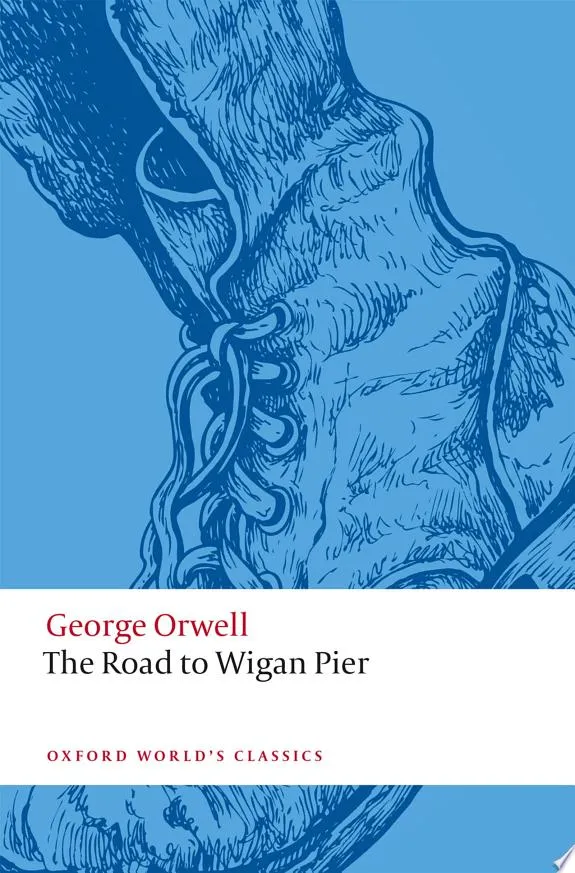The Road to Wigan Pier
(Author) George Orwell"The Road to Wigan Pier describes George Orwell's account of his journey to Wigan and other northern towns and cities, undertaken between January and March 1936, and his reflections on what to do about the poverty he found there. The Road to Wigan Pier's continued appeal is in part due to the endurance of poverty, as Orwell focuses on the experience of being poor: the hunger, illness, indignity, and despair; the frantic and often fruitless efforts to make ends meet. Orwell's perspective and tone is not that of the detached, omnipotent narrator that many social investigators strived to be; instead, he vividly records his own response to what he found. The Road to Wigan Pier foreshadows the ideas that would be found in Orwell's novels, and remains an extraordinary account of life lived in poverty." Klappentext.
George Orwell
George Orwell, born Eric Arthur Blair in 1903, was an English novelist, essayist, journalist, and critic. He is best known for his works "Animal Farm" and "Nineteen Eighty-Four," which are both powerful critiques of totalitarianism and authoritarianism. Orwell's writing style is characterized by clarity, precision, and a sharp wit, making his works accessible and thought-provoking for readers.
Orwell's contributions to literature include his exploration of political and social issues, as well as his commitment to truth and honesty in writing. His works have had a lasting impact on the dystopian and political fiction genres, influencing countless authors and thinkers. "Nineteen Eighty-Four" in particular has become a classic of modern literature, with its portrayal of a bleak and oppressive future society resonating with readers around the world. Orwell's legacy as a writer and social critic continues to be celebrated and studied today for its enduring relevance and insight.

